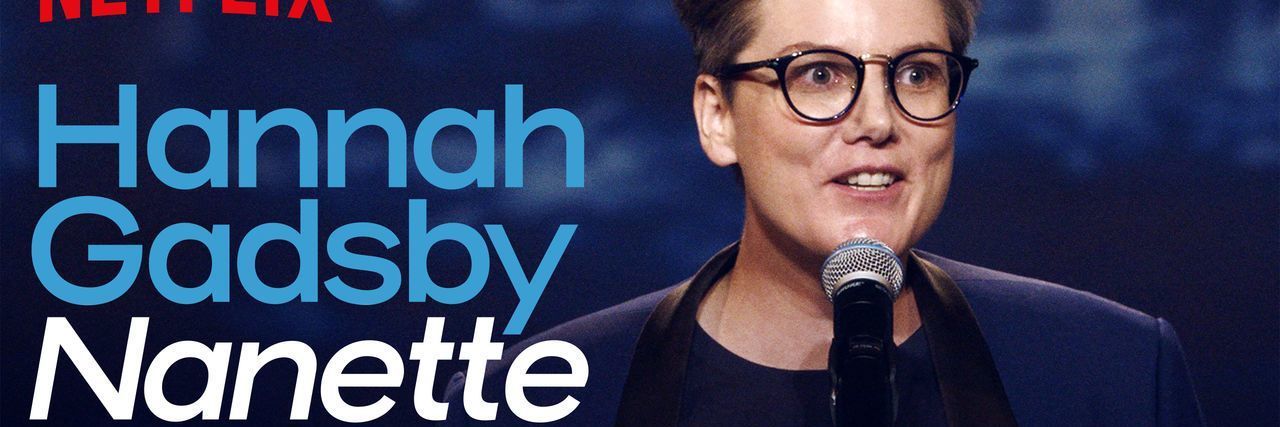Today, I watched a stand-up comedy routine that made me cry — not with unbridled laughter — but with genuine pain and empathy. It was beautiful, brutally honest and refreshing to see.
Let me start with this: I am a trauma therapist that has experience working with all types of clients including psychiatric patients, inpatient, outpatient and private practice. Unfortunately, I now listen to comedy routines with a different ear. I listen for the depression, I listen for the anxiety, I listen for the trauma.
When working with my patients and clients, we often talk about how humor is a coping mechanism and one that is usually about deflection. We use humor to distract from deeply painful things because if we can make others laugh about what we’ve been through, then we can convince ourselves we’re fine. In reality, we’re not. Humor often does that. It cloaks the pain and offers it up in a socially acceptable way. There are countless comedians out there who struggle with mental illness, trauma and pain. Honestly, that’s where most of their good comedy comes from.
So, when I turned on Nanette (by Hannah Gadsby), I fully expected to see a comedian deliver genuinely funny material drawn from her personal pain. I did not expect the naked delivery of the human condition.
As I watched Hannah walk through her set, her pain is clear as she opens up about her life. She anxiously rubs and taps her chest, and looks beseechingly and angrily at her audience. The vulnerability she offers is a rare gift in a world where fear is so amplified that distrust and hatred are automatic responses.
The last 20 minutes of her set are not for the faint of heart. This last part is so brilliantly and stunningly performed, I sharply felt every ounce of pain written on her face, every hitch in her breath, every tremble of her hand and all the fire in her words. Her message is wrought with truth, honesty and so much pain. I couldn’t help but be breathless and speechless at her story.
This may be the first time I have ever seen someone aptly explain how humor can be harmful. She lays out why humor should not be used to mask pain. She shows us that we should strive to tell our complete stories with a sense of raw, honest vulnerability in order to stay authentic and have meaningful connections.
So why would I bother to even write a review on this seemingly random Netflix special? The short answer is because anyone who has felt even a tenth of this kind of pain will find a voice that says, “Your pain is real” in Hannah’s story. As she points out, “You are worthy to take up space in this world.”
Photo via Netflix

